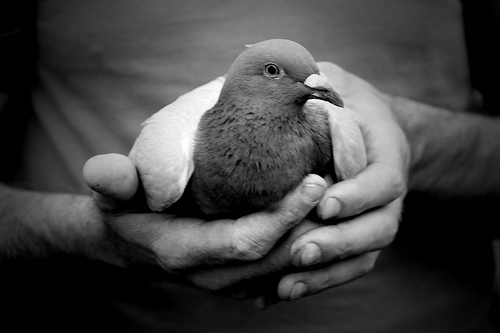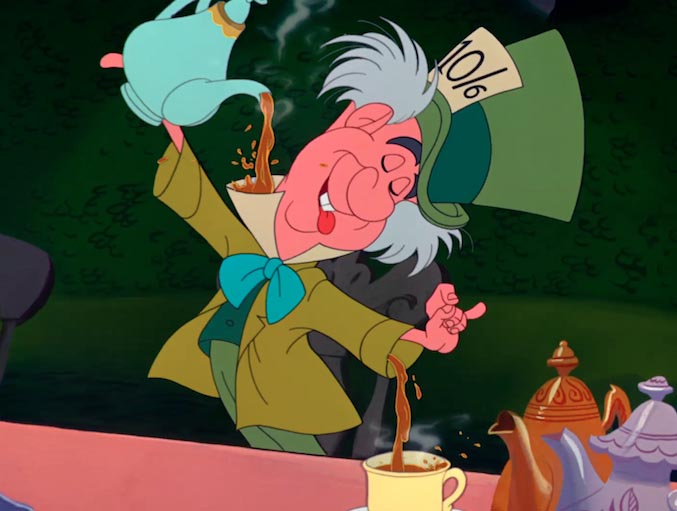There are so many words and phrases we use every day, but I doubt many people can name their origin.
Not that anyone should have to know, per say. But it's still always so interesting to find out how our language evolved to what it is today.
Older phrases are always more eloquent and prestigious sounding. If I have to hear one more kid say their "kicks are on fleek" I might actually go insane.
Read through these commonly used sayings and see if you know where they came from!

Hold A Candle To

As in, "He could never hold a candle to his father's talent."
This phrase comes from years ago, when apprentices were expected to hold a candle so their more experienced colleagues could see what they were doing.
Bird In The Hand (Is Worth Two In The Bush)

Meaning: having something in your possession, regardless of quality, is better than taking a chance for something you may not get.
This phrase derives from the medieval sport of falconry, where the falcon you were using to hunt was worth more than the prey you were hunting.
Hair Of The Dog That Bit You

Referring to: when you have a hangover, you should keep drinking to cure it.
In medieval times, if you were bit by a rabid dog it was believed that the victim could be cured by rubbing the same dog's hair on the wound. It was first applied to drinking in 1546.
A Baker's Dozen

What it means: 13 baked goods instead of a standard dozen
In medieval times, bakers could be fined and even flogged for selling a batch of bread that didn't meet weight requirements. When selling a dozen loaves of bread, they would add in an extra one to avoid short-selling.
Barking Mad

Referring to: when someone is acting extremely crazy
This phrase comes from the east suburb of London, called Barking, where was was an insane asylum in medieval times. It is also commonly linked to rabid dogs.
Beat Around The Bush

Meaning: trying to avoid talking about a certain topic
The phrase originated from bird hunting, where hunters would rouse the prey out of the bushes and into nets.
Get "sacked"

In reference to: getting fired
In the France, when trade workers got fired they would have to pack all their tools into their sack before they left.
Mad As A Hatter

Referencing: someone who appears to be insane
In the 19th century, Mercury was used in the making of hats. The people who made the hats would be exposed to Mercury for prolonged periods of time, causing their nervous system to break down. This would give them the appearance of being crazy because they would continuously tremble.

